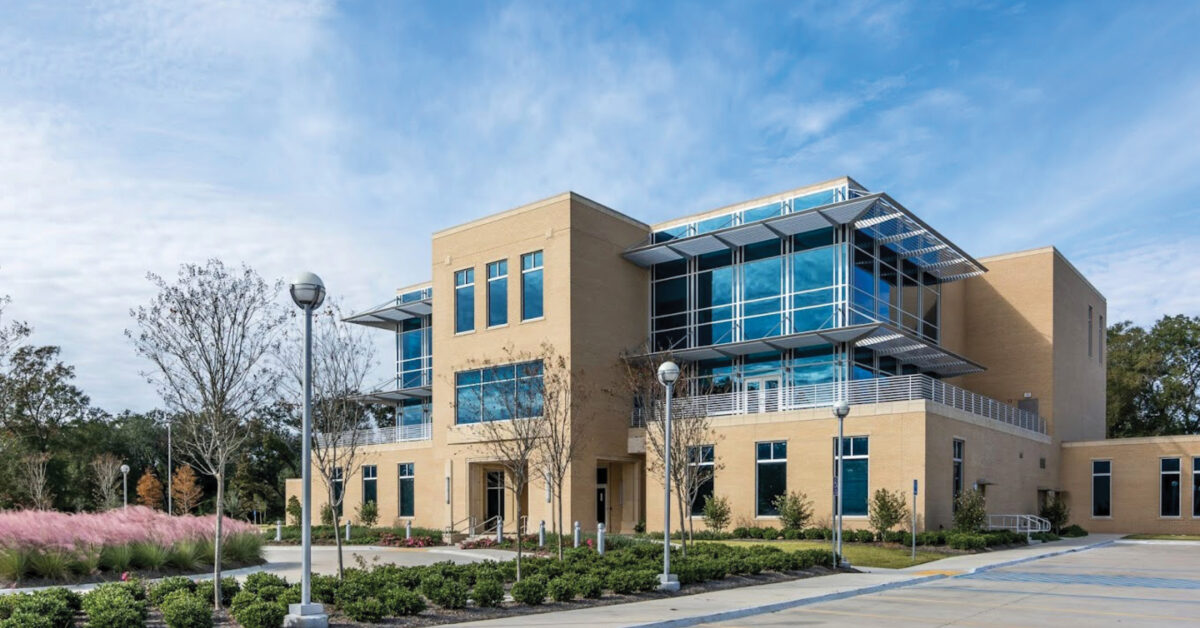
Go On Tour – College Visit Tips
March 2021
10 Things to Know Before You Take Out Student Loans
March 2021When it comes to colleges and their campus cultures, one size doesn’t fit all. For example, an Ivy League name doesn’t necessarily suit the needs of every student.
“Our society is obsessed with being associated with the top one percent of anything, whether it’s wealth, looks, social media followers or achieving that Ivy League status,” says Jeffrey Leiken, CEO of Evolution Mentoring International. “Far more important is not the school’s brand and our cultural obsession with it. Rather, it’s helping to ensure that every student who attends any school gets closer to reaching their potential.”
What criteria should students and parents look for when determining where to apply for college? Leiken offers some crucial guidelines to keep in mind.
Seek a college with programs that may help with lifelong skills.
Self-awareness, self-leadership, self-actualization – those qualities are often overlooked when considering higher education. Learning the tangible skills for a future job is important. However, those requirements change over time. Coursework, professors and other programs that speak to a student’s ethical intuition, however, make up the educational gold that is enduring.
Look beyond the typical menu of schools.
There is a common denominator among millions of 17-year-olds: an anxious balance between their “reach” schools and their “safety” schools. It turns out that many college counselors guide these kids to a similar list of “reach” and “safety” schools – about 50 of them. Between public and private institutions, there are thousands of other schools to choose from!
Ask yourself, “Where will I flourish?
Learn more about the culture of these institutions. There are two distinct stages for young adults in college life: the time where students adjust to a new environment and, later, when students realize they are becoming independent adults. A name-brand school isn’t necessarily the best place for millions of kids to best reach maturity.
“Just as we don’t all wear the same size clothing,” Leiken says, “the intellectual development of young adults doesn’t always fit into the same small box of name-brand schools.”
Jeffery Leiken (www.Leiken.com) is the CEO of Evolution Mentoring International and is co-founder of HeroPath International. He is author of Adolescence is Not a Disease: Beyond Drinking, Drugs and Dangerous Friends – The Journey to Adulthood.
Joseph Lavergne, Director of Recruitment and Career Services at SOWELA Technical Community College, describes college visits like shopping for a vehicle. “There is so much to choose from when deciding which car to buy. You want to make sure it is a good fit for you. The right size, price, color, etc. In the same way, you want to make sure the college you choose is a good fit for you, as well.”
Lavergne offers these tips when planning a college visit:
- Start planning early. Do your research about the college.
- Establish a budget for college. What can you and your parents afford to pay?
- Take a campus tour. This gives you the chance to “test drive” the college.
- Get student perspectives. See what other students say about the college.
- Explore academic departments and ask questions.
- Visit the student center. This is where you will engage and socialize with other students.
- Ask about campus safety. Parents normally ask about safety, but students should be concerned, too.
- Ask about campus safety. Parents normally ask about safety, but students should be concerned, too.
- Get financial aid information. At SOWELA, all students are encouraged to submit a scholarship application to see what scholarships might be available to them.
- Share your visit with friends. You might inspire others to look at a college depending on your experience.






